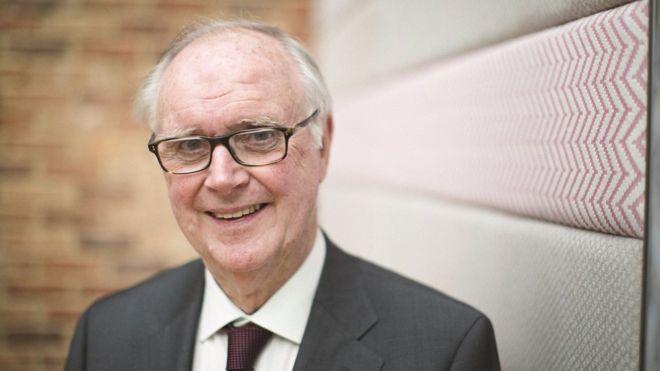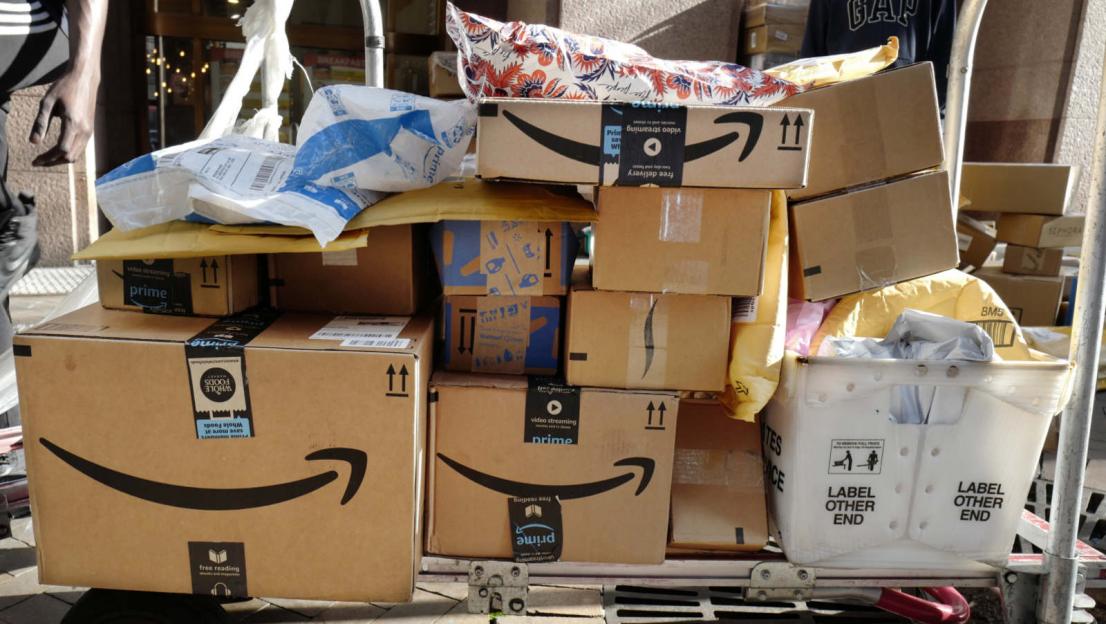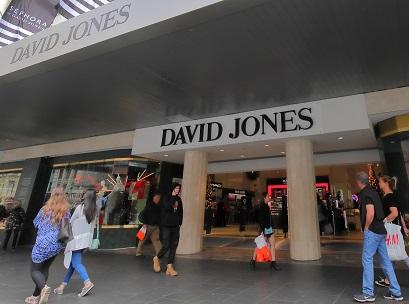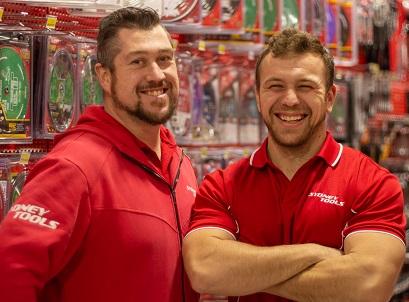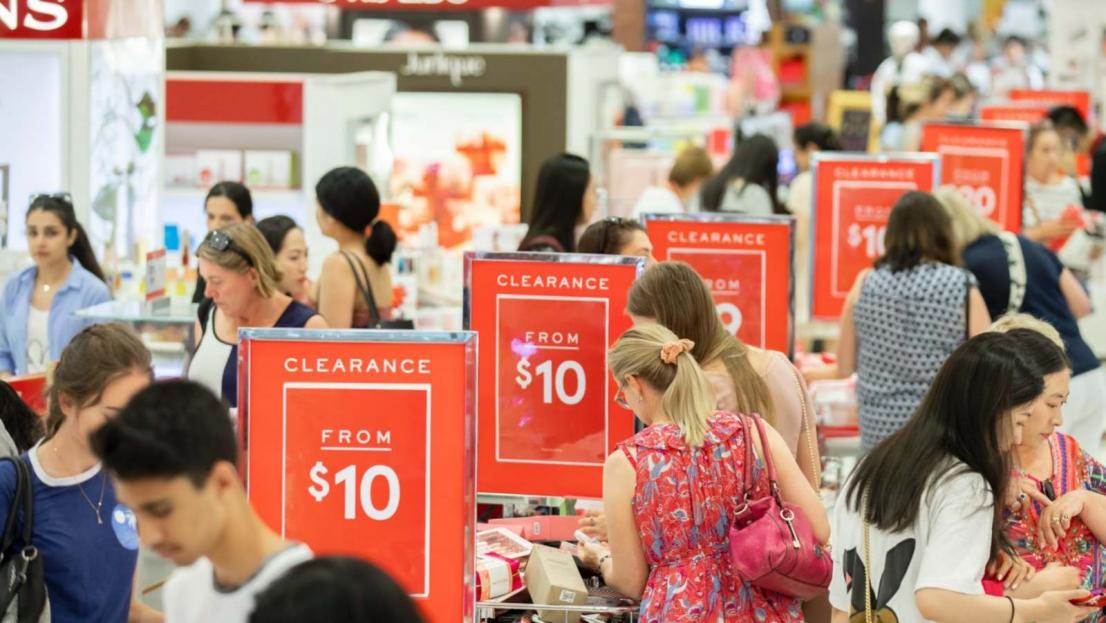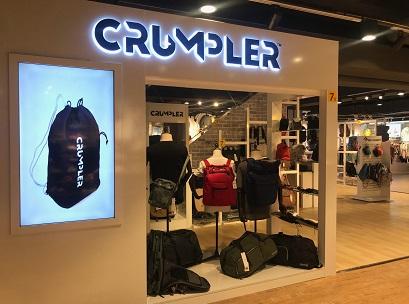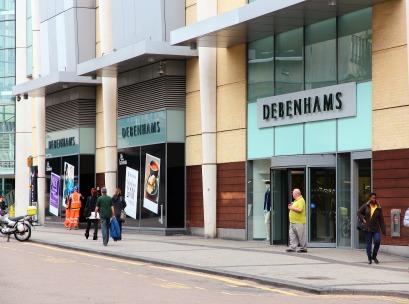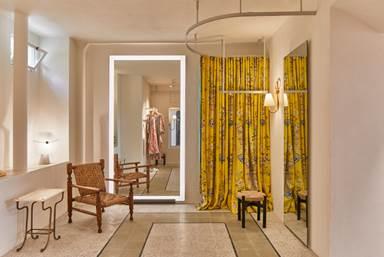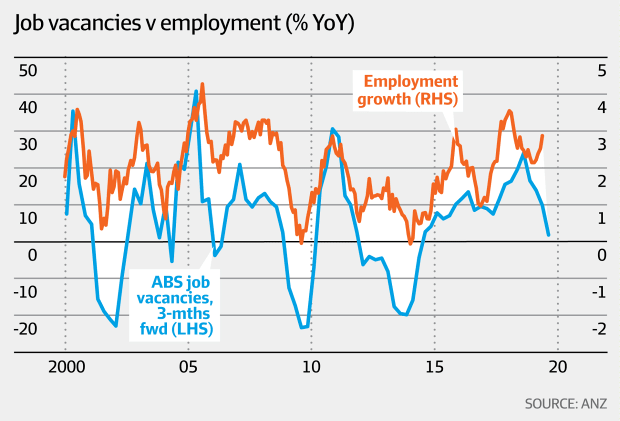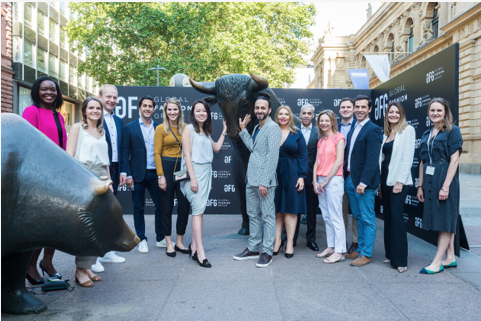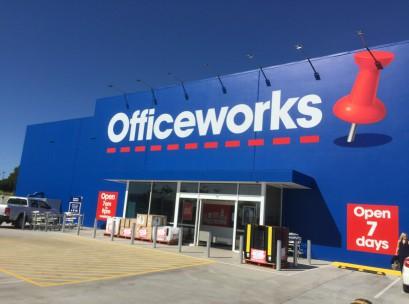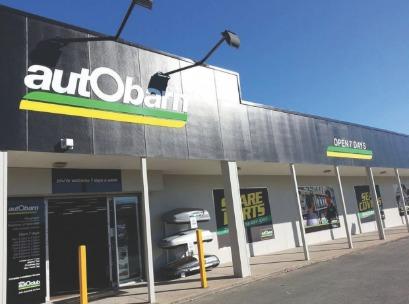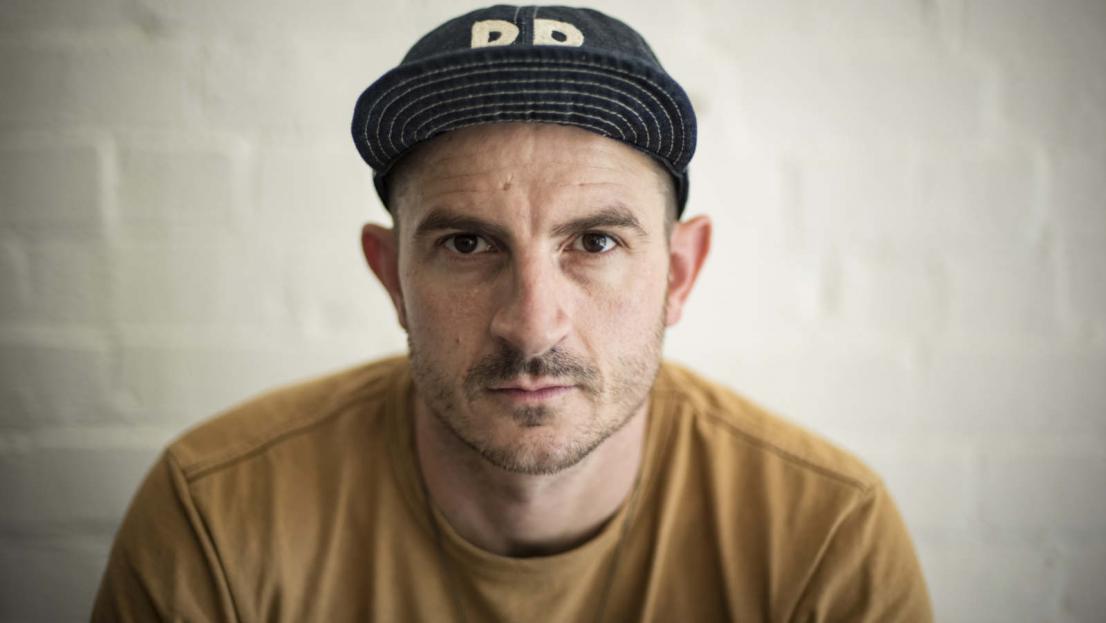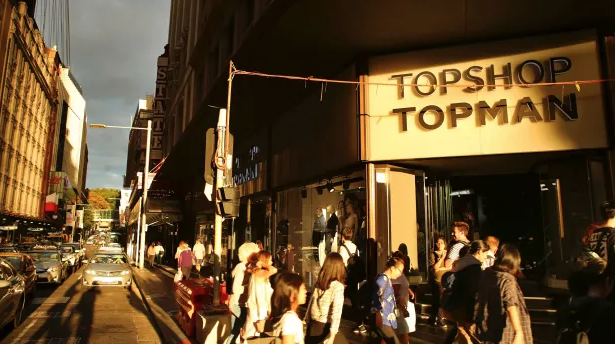
Two years after Topshop's Australian business fell into administration, the future of its last remaining store is in doubt as British parent Arcadia Group attempts to stave off collapse.
Sir Philip Green's Arcadia Group is closing all 11 Topshop stores in the US after filing for chapter 15 bankruptcy protection and is seeking approval from creditors and landlords to restructure the business in the UK.
Creditors will meet in the UK on Wednesday to consider a company voluntary arrangement (CVA), under which Arcadia Group will close 50 of its 560 UK and Ireland stores and cut costs in return for rent reductions of up to 70 per cent on 200 stores.
If the CVA is not approved, Arcadia has said it is “highly likely, either immediately or after a short time period, to enter into insolvent administration or liquidation".
Two years after Topshop's Australian business fell into administration, the future of its last remaining store is in doubt as British parent Arcadia Group attempts to stave off collapse.
Sir Philip Green's Arcadia Group is closing all 11 Topshop stores in the US after filing for chapter 15 bankruptcy protection and is seeking approval from creditors and landlords to restructure the business in the UK.
Creditors will meet in the UK on Wednesday to consider a company voluntary arrangement (CVA), under which Arcadia Group will close 50 of its 560 UK and Ireland stores and cut costs in return for rent reductions of up to 70 per cent on 200 stores.
If the CVA is not approved, Arcadia has said it is “highly likely, either immediately or after a short time period, to enter into insolvent administration or liquidation".
Topshop's last Australian store may close if creditors of its UK parent, Arcadia Group, refuse to approve a restructuring proposal. James Alcock
Sir Philip has also been ordered to inject another £50 million into Arcadia's pension fund to convince The Pensions Regulator to support the CVA proposal.
Sources say the future of the Australian business will be determined by the outcome of the creditors' meeting in the UK.
Topshop's store in Westfield Bondi Junction in Sydney closed a week ago and its last store in Melbourne, in the Emporium shopping centre, closed three weeks ago. The only store trading is in Market Street, Sydney, in the former Gowings building.
"If the CVA is not approved, it may have to close the Australian operations - I can't imagine they're making a lot of money in Australia," one source said.
Arcadia pulled the plug on Topshop's Australian operation, known as Austradia, in May 2017, refusing to cough up additional financial support amid mounting losses.
Austradia was wound up and five of Topshop's nine stand-alone stores and 17 concessions in Myer were closed, with the loss of more than 400 jobs.
Australian assets
Arcadia bought back the Australian assets in June 2017, paying $5.3 million for its remaining inventory. Secured creditors received between 33¢ and 39¢ in the dollar and unsecured creditors received nothing.
Myer, which owned 20 per cent of Austradia through preference shares, wrote off the rest of its $6 million stake in October 2017.
Sources said Arcadia ran the remaining three or four stores from the UK for six months before appointing a former Harrods, Myer and David Jones manager, Carl Baker, as general manager in 2018.
Mr Baker could not be reached for comment on Tuesday.
Arcadia, which also owns retailers Dorothy Perkins, Burton, Evans and Miss Selfridge, has blamed its problems on "unprecedented" conditions in the UK retail sector and competition from online retailers such as asos.com and boohoo.com.
As part of the restructuring plan, Topshop will start selling on asos.com for the first time. The Topshop brand sells on Australia's largest online fashion site, The Iconic.
UK retail sales fell by 2.7 per cent in May, the biggest drop since at least 1995, with Brexit-related uncertainty taking a toll on consumer spending.



